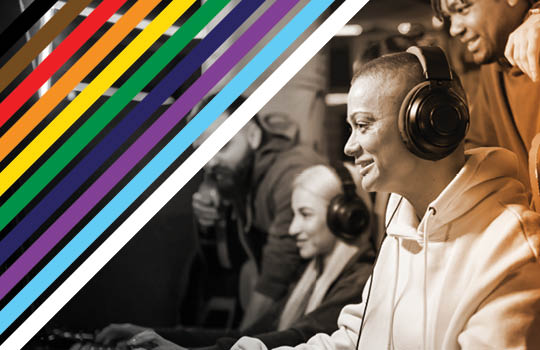Most gamers would agree that games should be fun. Some genres offer rewarding challenges, while others transport players into a world of imagination. Even the most hardcore competitive games are meant to be enjoyable.
Video games are universally loved for the escape they offer to players, but for some, the experience isn't so freeing. The privilege to do anything, be anyone, and share meaningful experiences with others is often impeded by gender, race, language, and notably, sexual orientation.
